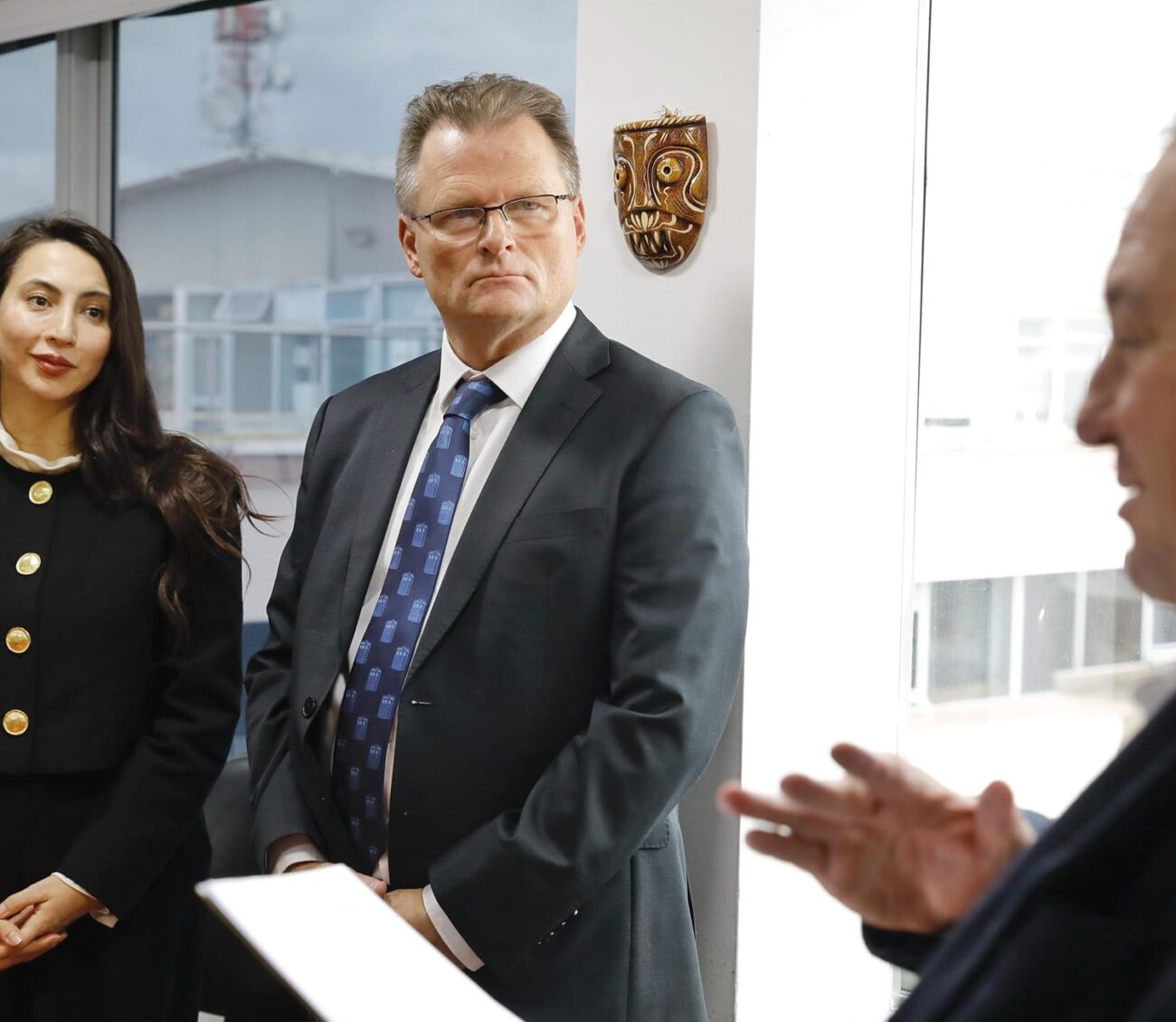WINS has signed a memorandum of understanding with the Colombian Ministry of Mines and Energy with the aim of strengthening nuclear security in the country.
The agreement addresses areas of mutual interest, such as cybersecurity, insider threats, security management, the secure transport of nuclear and other radiological material, security culture and supply chain security.
“We are positioning ourselves to be a regional leader in this field!” The Ministry of Mines and Energy posted on its social media channels.
While in Colombia, WINS Executive Director Lars van Dassen also met with parliamentary leaders to discuss Colombia’s nuclear law. The two sides shared views on how to proceed with the next steps towards the uses of nuclear technology while ensuring appropriate levels of nuclear security throughout.
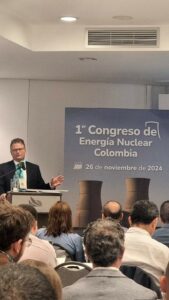
Mr van Dassen was opening speaker and a panel participant at Colombia’s first national conference on nuclear energy. “It was a great honour for me to be invited and meet so many enthusiasts and experts. I underlined that Colombia has a strong base for developing various uses of nuclear energy – not least because its starting premise is to consider the security aspects.” He added that Colombia would be well advised to make sure that the coming uses of nuclear technology and energy make use of and develop the national technical base and educational infrastructure as much as possible.
Mr van Dassen and WINS Project Manager Viviana Espinosa made several visits, developing relationships with local institutions while in the country.
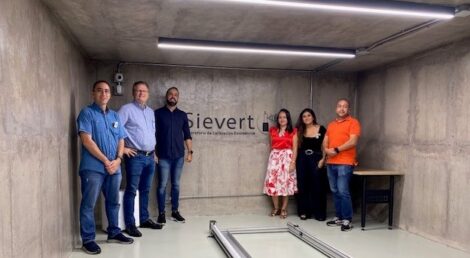
They toured the dosimetry and calibration laboratory Sievert. Director Pablo Giraldo Giraldo shared information on the uses of radioactive sources and measurement equipment in Colombia and neighbouring countries.
They also visited Ciclotron Medellin, which produces medical isotopes. Mr van Dassen commented that “both organisations demonstrated deep knowledge and also a focus on security aspects of their production.”
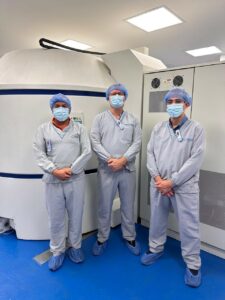
The WINS team also visited the national police headquarters, DIJIN. DIJIN demonstrated a small exercise including a scenario in which it was unknown whether the victim carried radioactive substances. The parties considered the potential for joint exercises. “The discussions and the presentations of the national CBRN capabilities made it clear that Colombia has a tremendous capability and response capacity,” said Mr van Dassen.
The WINS team was also given a tour of the Colombian research reactor in Bogota and the storage site for radioactive waste. The IAN-R1 reactor focuses on basic research in agriculture, geology, and the environment.
“I have gone on many work trips, but this was a high point. The depth of the discussions, the knowledge and dedication – and then not least the openness and kindness wherever Viviana and I went was remarkable and heart-warming,” said Mr van Dassen.
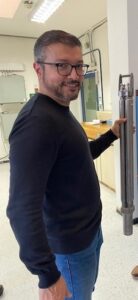
Throughout the visit, WINS Academy Ambassador Camilo Prieto Valderrama proved an invaluable resource.
“WINS’ cooperation with its partners in Colombia is very special. It has to a very large extent also been advanced by our WINS Academy Ambassador Camilo Prieto Valderrama. Camilo is a great friend and colleague for me and my colleagues. He is a true expert and has an enormous network in Colombia and Latin America. The quality of a trip can be measured in terms of how many new ideas for new activities are generated. On this trip we did exactly this and I am happy that I can say that there are several things that we need to continue with in 2025,” Mr van Dassen said.
